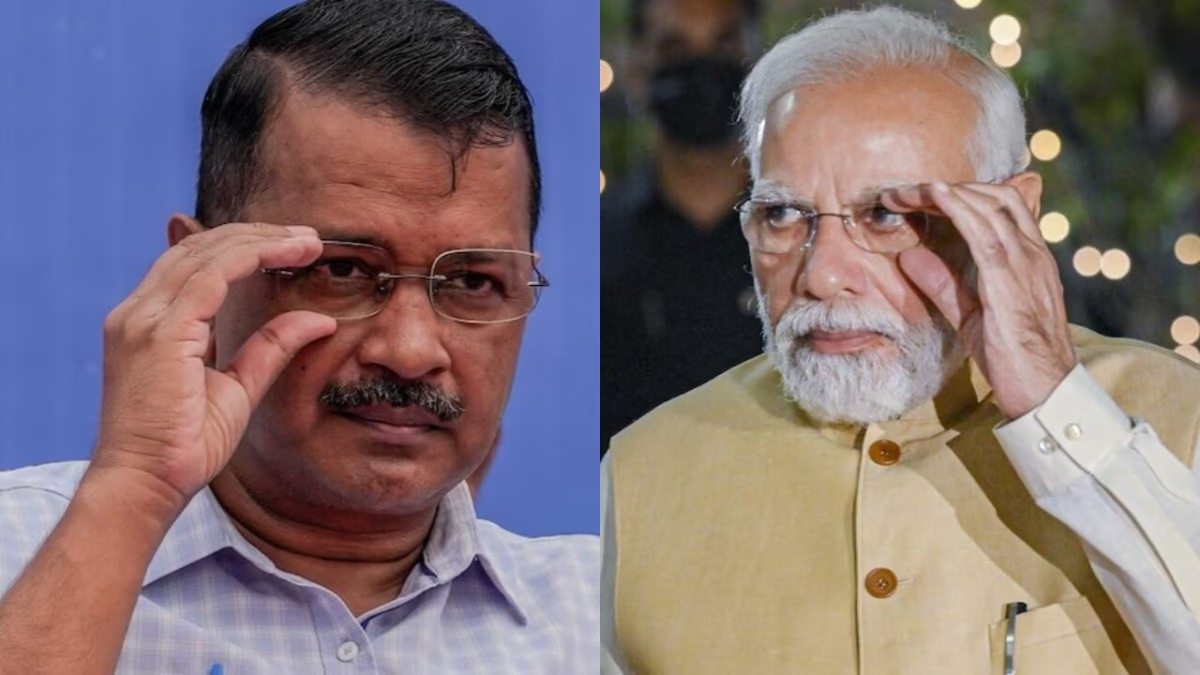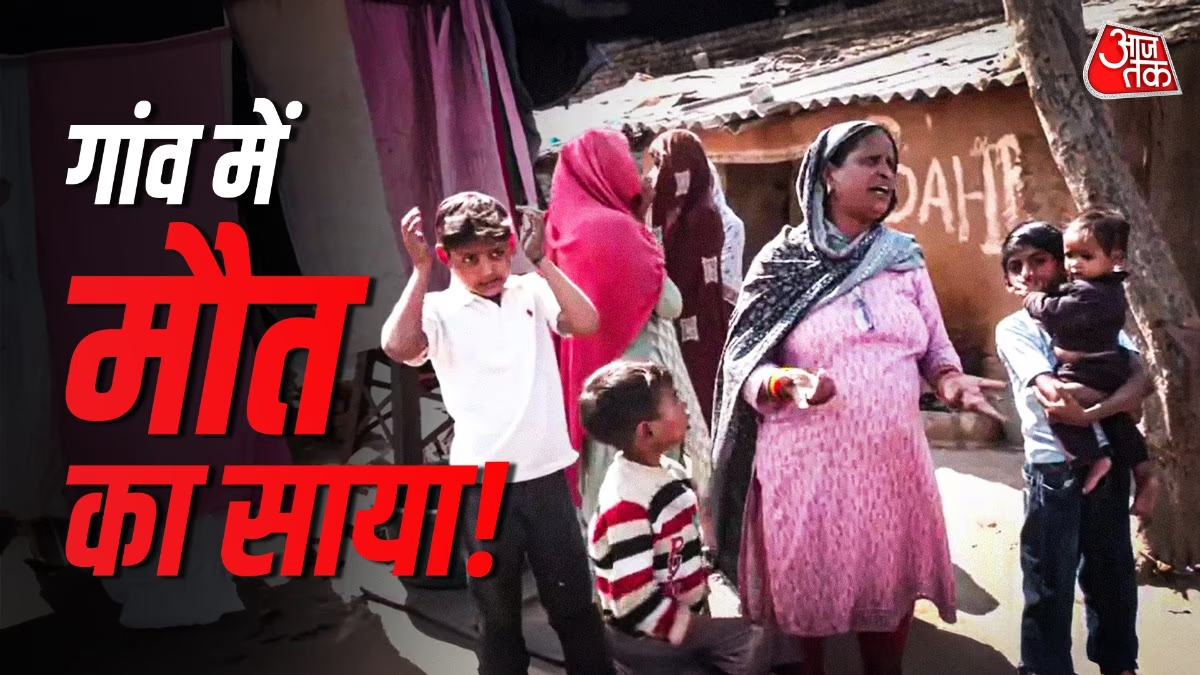The voting for the Delhi Assembly elections is taking place today, Wednesday. Under the leadership of former Chief Minister and Aam Aadmi Party head Arvind Kejriwal, the AAP is striving to capture power for the third consecutive time. It’s not just the Bharatiya Janata Party, this time Congress has also openly launched an assault against AAP. Still, the main competition is believed to be between AAP and BJP. Despite anti-incumbency and incomplete projects in Delhi such as the chronic clean drinking water issue, AAP remains a dominant force. The BJP, although entangled in Kejriwal's tactics, quickly creates its own narrative. For instance, Arvind Kejriwal issued a manifesto with 7 demands to the central government for the middle class, to which the BJP responded by adjusting the income tax slab through the recommendation of the eighth pay commission.
1- Attempt to Make Toxic Water Supply an Agenda Backfires
On January 27, addressing an election rally, former Delhi CM Arvind Kejriwal raised the issue of poor water quality supplied from Haryana to Delhi. Kejriwal stated, 'There is no sin greater than depriving people of water. The BJP wants to leave the people of Delhi thirsty with its dirty politics. They are mixing poison in the water coming from Haryana.' He further mentioned that the tainted water is so toxic that it cannot be treated even at the water treatment plants in Delhi. He accused the BJP of attempting collective murder, which he pledged to prevent. Kejriwal claimed that timely action by Delhi Jal Board engineers stopped the tainted water at the border, saving lives. AAP then challenged BJP to drink the water from Haryana border, but Haryana CM Naib Saini drank the Yamuna water to dismantle AAP's agenda. The BJP heated up the clean water supply issue to the extent that even Rahul Gandhi challenged Kejriwal to take a dip in Yamuna.
2- Accusations of Insult by Ramesh Bidhuri on Atishi Backfired
Ramesh Bidhuri is a vocal BJP leader running against Atishi, Delhi's CM. AAP accused him of making derogatory remarks about Atishi. Bidhuri highlighted the addition of 'Singh' in Atishi's surname, turning it into an issue. AAP tried to make it an issue, but BJP linked it to Afzal Guru’s support, pushing AAP to the back foot. The claims that BJP wanted someone like Bidhuri as CM had repercussions that made AAP lashed back.
3- Middle-Class Manifesto Release Neutralized by Modi's Tax Exemption Move
On January 23, AAP released a manifesto aimed at the middle class, placing several demands on the central government, such as increasing education and health budgets and raising the income tax exemption limit. They demanded raising the income tax slab limit from 7 lakhs to 10 lakhs. The unexpected happened; the Modi government exempted incomes up to 12 lakhs from tax, dismantling Kejriwal’s efforts. Moreover, approving the formation of the eighth pay commission weakened the AAP's agenda.
4- End of Kejriwal's Freebie Dispensing Monopoly
Arvind Kejriwal laid claims to providing free electricity, water, bus travel, health services, and education in Indian politics. AAP promised Rs 2100 each month to every woman. However, BJP countered by promising Rs 2500 per month to each woman while accusing AAP of not already providing such benefits, questioning why wait until the next session if they really intended to help, as opposed to the scenario in Punjab.




